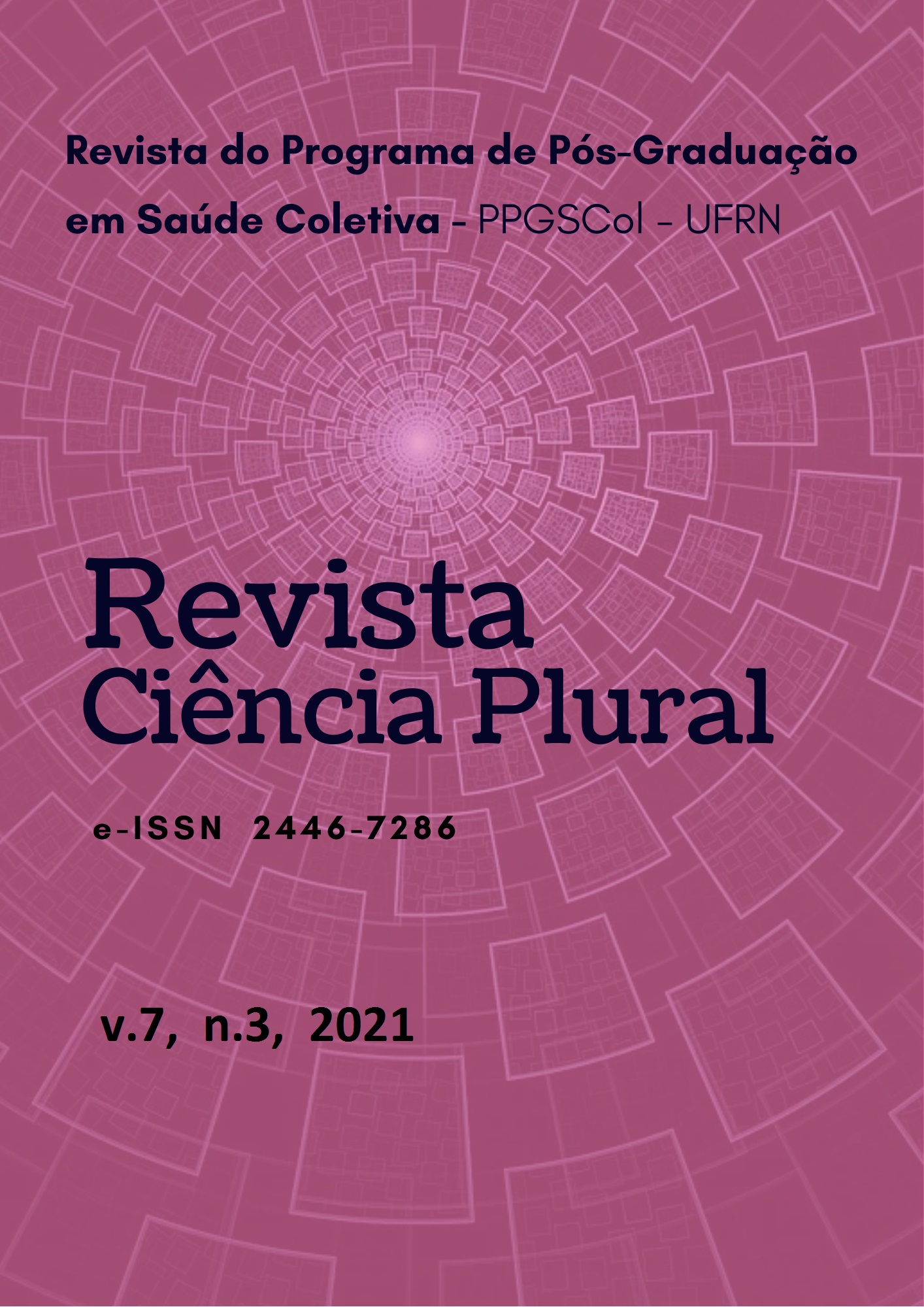LOGICAL MODEL TO IMPROVEMENT CYCLES OF THE FAMILY HEALTH STRATEGY
DOI:
https://doi.org/10.21680/2446-7286.2021v7n3ID23921Abstract
Introduction: When talking about public health, it is crucial to consider epidemiological data and methods of evaluating care, in order to promote improvement. One way to provide this is the logical models, associating activities, inputs of resources, outputs of products and results. Objective: To build a logical model illustrating the functioning of a Family Health Unit and validate its content. Methodology: Was performed literature review, participant observation and conversation with key informants. In addition, content was validated by professionals working at the Family Health Unit (FHU) in a conversation circle. Results: Five dimensions were elaborated (Work management, Non-assistance activities, Assistance activities, Permanent education and Teaching assistance activities) related to the mission and the elements of resources (information, information and financial partnerships), thus characterizing the model. Conclusions: The impacts achieved with the application of the model refer to quality criteria (legitimacy, empowerment and resolvability); instituted care model (health indexes); the characteristics of the model itself (expanded clinic, intersectoriality, multiprofessional actions), in addition to professional motivation. However, although validated by a specific FHU, the model is guided by a National Policy and can contribute to other realities relevant to health.
Downloads
Downloads
Published
How to Cite
Issue
Section
License
À Revista Ciência Plural ficam reservados os direitos autorais referente a todos os artigos publicados.

 Português (Brasil)
Português (Brasil) English
English Español (España)
Español (España)













